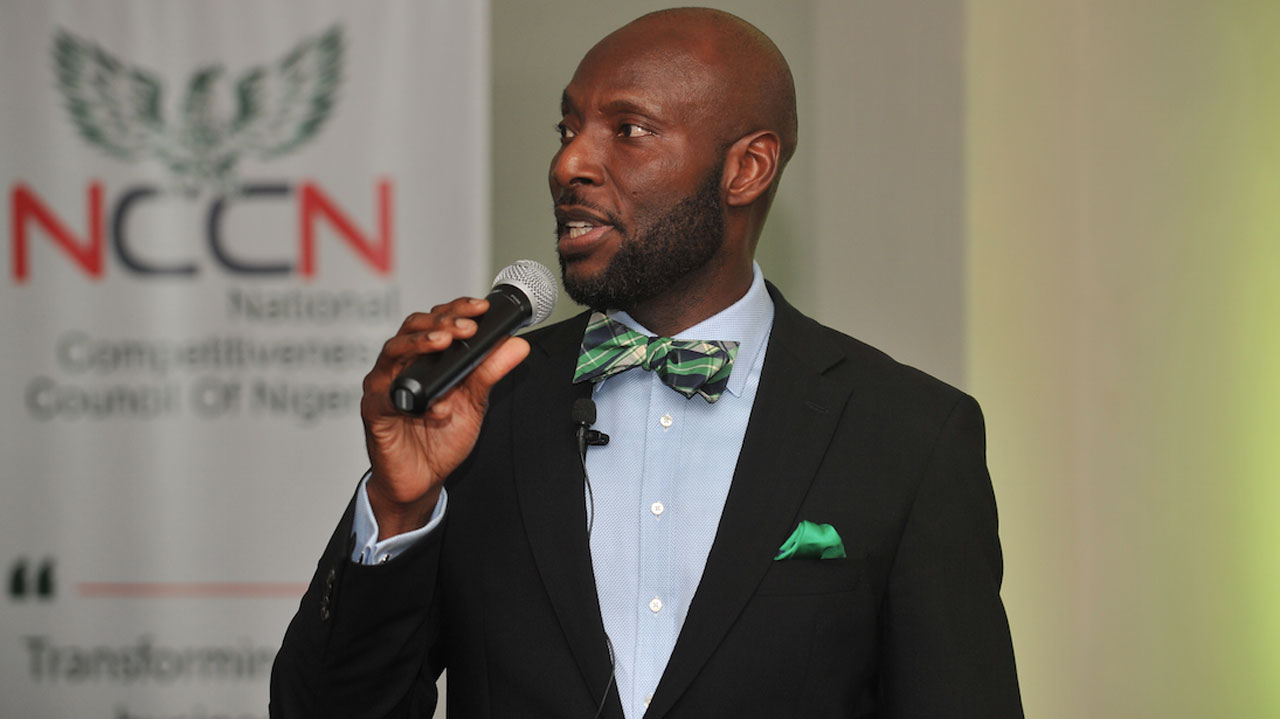
• As experts call for competitiveness among States
Ahead of its launch of Nigeria’s first Sub-National Competitive Index, the National Competitiveness Council of Nigeria (NCCN), has restated its commitment to the reduction of poverty in the country.
The survey, which is slated for launch today, is designed to develop and implement a clear competitiveness agenda aimed at boosting collective prosperity in Nigeria.
However, experts have stressed the need for the 36 States in the Federation to embrace competiveness in efforts to drive economic growth and viability, and reduce poverty in Nigeria.
The experts, who gathered at a press conference ahead of the index launch in Lagos on Monday, harped on the need for states in Nigeria to look inward, and develop their economies respectively thereby promoting inclusive growth.
The Chief Executive Officer, NCCN, Chika Mordi, said the report, which was compiled over the last 20 months with support from the Ford Foundation, the Tony Elumelu Foundation, the World Bank, and a host of other reputable international organisations, looks into how states in Nigeria can be economically competitive.
Mordi said the survey will set parameters for assessing the competitiveness of every state, as these considerations have pillars and sub-pillars around macroeconomics, human capital, infrastructure, trade as well as settlement and enforcement, which cut across the country including the Federal Capital Territory.
He said: “We did one of the largest surveys you are going to see in this part of the world. We had 8,000 plus households, over 2,000 business surveys, and we had a response rate of 91 percent.”
“The ultimate goal we have is all about poverty reduction and we feel that competitiveness will drive job creation, inclusive growth which reduces poverty, that is a more viable part than all revenues or standard government development plans,” Mordi revealed.
The Founder and Chief Executive Officer, Proshare Nigeria Limited, Olufemi Awoyemi, said prior to the discovery of crude oil, the Nigerian regions were doing better competing on the basis of resource utilisation.
Awoyemi said Nigeria lost a great opportunity when oil prices dipped, but now needs a clear economic ideology to anchor development from which Sub-National can derive from.
He called for more investments in human capital development among states, which he said is pivotal for the nation’s productivity.
The Co-founder/Chief Executive Officer, BudgIT, Seun Onigbinde, said competitiveness has not been given top priority at the state level, noting that politics in Nigeria has effects on the policy framework of the states, which are more of short-term level planning.
Onigbinde highlighted some of the challenges state governments must address urgently to include, poor fiscal management; crowding out of capital expenditure in budgets, and lack of incentives for development.
Earlier in her remarks, the Programme Manager, Ford Foundation, West Africa, Eva Kouka, said the Foundation is partnering with the NCCN to tackle issues like inequality, corruption, and ending poverty.
Kouka commended the Council for the planned launch of the Sub-National Competitiveness Index, which she believes will be of immense value to stakeholders in the Nigerian economic space.
NCCN is a non-partisan private effort organisation aimed at enhancing the productivity of businesses operating in Nigeria with the ultimate goal of improved socio-economic outcomes for Nigeria.



